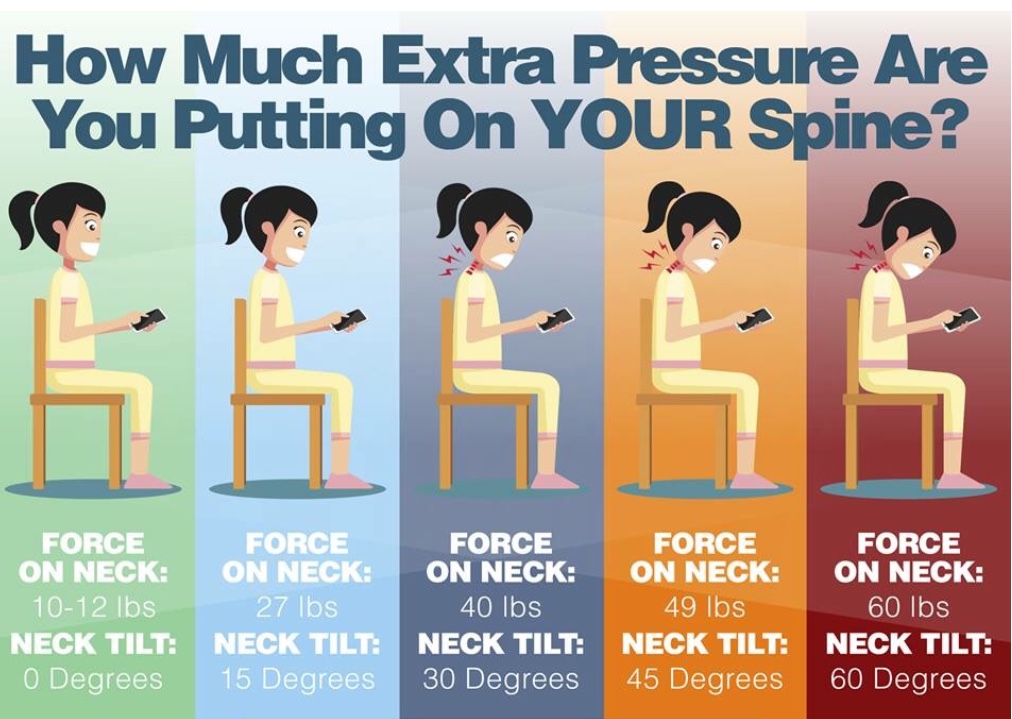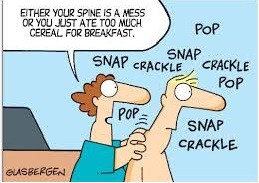What is Chiropractic Care?
Chiropractic care is one of the safest and most effective healthcare treatment options available. Chiropractors can diagnose and treat a multitude of conditions that affect all parts of our body. While neck and back conditions are the most common complaints we see in our office, patients who present with dysfunction in the extremities, like in the shoulders, elbows, knees, or feet are also very common. Another patient population that we frequently see in our office are the athletes that want to improve their performance. Chiropractors are experts in diagnosing neuromusculoskeletal conditions, but moreover, know how to apply the mechanics of the neuromuscular system to improve speed, agility, and quickness.
The chiropractic adjustment is a high-velocity low amplitude thrust to help joints move better. When your joints move better, your whole body moves better. Yet, not all patients are candidates for this type of an adjustment. In these cases, we use low force techniques like joint mobilization, instrument adjustments, table assisted adjustments and flexion distraction which can be just as effective. As a result, everybody can benefit from Chiropractic care according to their unique needs.
For dysfunction in the muscles, tendons, ligaments, or nerves, we utilize soft tissue techniques such as Active Release Technique and Graston Technique. These techniques can alleviate trigger points, adhesions, peripheral nerve entrapments, and various aches and pains. Patients experience increased ROM, increased strength, and decreased pain after treatment.
We also utilize movement analysis, like Functional Movement Screen, Selective Functional Movement Assessment, and Titleist Performance Institute assessments, to examine and analyze how the whole body is moving as a unit. These screenings can show which areas need to be strengthened or stabilized. As a result, we can prescribe exercises to make your everyday movements more efficient. Thus, your performance will be optimal whether it’s at home, the office, or the field.
Our office is a great place to start for those nagging aches and pains or even acute injuries or flare-ups. If necessary, we can refer our patients
for x-rays, MRIs or to other healthcare practitioners. In fact, patients often choose us when exhausting all possibilities before surgical intervention. As a matter of fact, some patients avoided surgery altogether.
Whether you are in pain or you need to keep the wheels spinning to continue your training, we can help.
Bedford Hills Family Chiropractic is “where the athletes bring their families”. Let Dr. Stuart Weitzman be your go-to doctor for all neuromusculoskeletal needs.
 these are the formative years of their lives. Bones and muscles will adapt to the forces applied to it. Forward head posture distorts the natural curves of the spine. This can be seen down the kinetic chain with rounded shoulders and a kyphotic middle back. Poor posture also shortens and strains the neck and back musculature. As a result, some muscles will be overworked and movements will become inefficient. Over time this can allow the joints to bear
these are the formative years of their lives. Bones and muscles will adapt to the forces applied to it. Forward head posture distorts the natural curves of the spine. This can be seen down the kinetic chain with rounded shoulders and a kyphotic middle back. Poor posture also shortens and strains the neck and back musculature. As a result, some muscles will be overworked and movements will become inefficient. Over time this can allow the joints to bear
 or pop, at any age. Snapping and popping sounds are often associated with traumatic injury (i.e. ACL tears have a
or pop, at any age. Snapping and popping sounds are often associated with traumatic injury (i.e. ACL tears have a